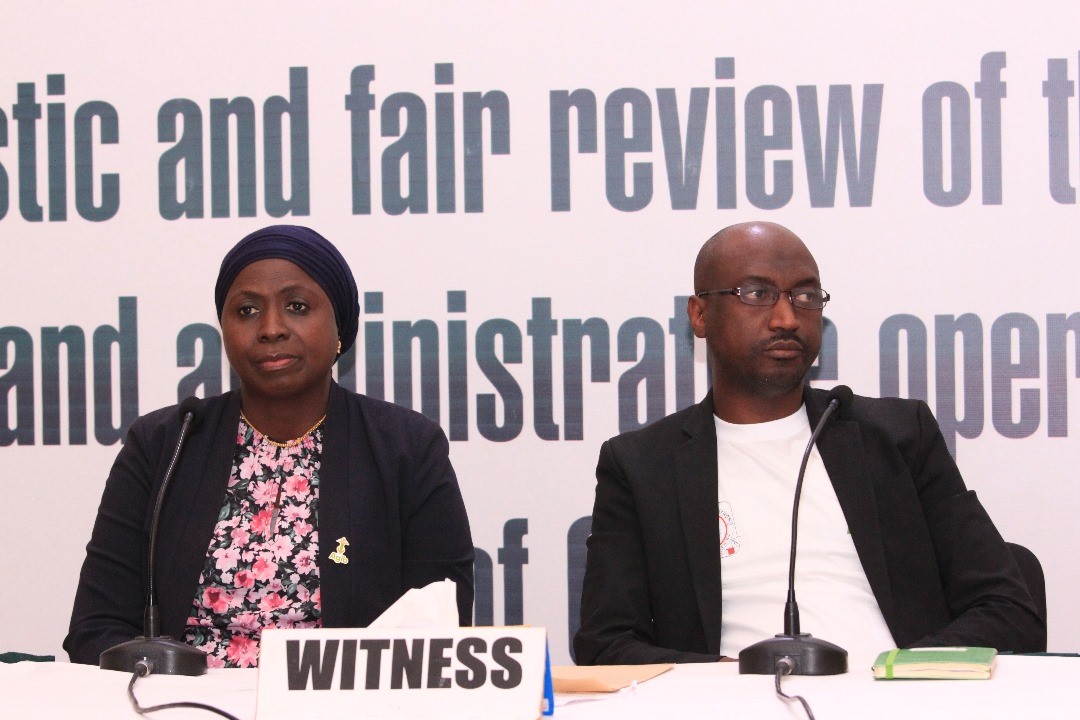By Nyima Sillah
Educationalists have urged the West African Examination Council (WEAC) office in The Gambia to introduce CCTV cameras in all examination halls to invigilate students during examinations as a way of mitigating examination malpractice in the learning institutions.
Examination malpractice has been a way for some students to earn undeserved scores during exams and this has hurt the learning institutions, they said,
In an exclusive with The Voice, Professor Lamin Sidibeh, a lecturer at the American University and mental health practitioner said that examination malpractice has the same impact in all educational systems just that the younger ones are more delicate.
“The educational system should try to prevent it and MoBSE, the schools, WAEC, and invigilators should try and prevent it, by looking for mechanisms that would make it very little for students to cheat. The invigilators should also have the skills that would help them to prevent and take action,” he said.
He said that the teachers and the invigilators should also be honest with professionalism because it is sometimes seen that teachers are blaming the students, but the teachers themselves favored the students for reasons best known to them.
He advanced that in detecting the act in this present world of technology, there can be CCTV equipment, adding that students are very smart and that it would not be a wise decision to have one invigilator in an examination hall.
“I believe that the human factor in invigilating is also important in examination halls. If students come to class with marks and hijab, how would you identify them?” he questioned. Another solution I think should be penalties and the penalties should be decisive and severe. If a student is cut and you have evidence, then that exam should be zero for him/her,” he suggested.
According to him, the Reasons why students cheat are due to examination forbear, peer pressure, collaboration methods, personal disposition, social factors, favor from teachers, sociological factors, and more.
However, he said sometimes the linkage of examination papers also happens. “Linkage happens during design where there are teachers and teachers have relatives they can do nepotism, corruption or bribery, so linkage happens before the examination. So, when it links to those custodians, the authorities should be answerable because it has not gotten to the students yet.”
For his part, Ousman Bah, the Director of Regional Education for Region One outlined that “examination malpractice affects the performance of students in different ways firstly, we will not have the quality of students that we require because their outcome will not be fair because they cheated, and therefore examination malpractice is not a good way to measure students’ performance.”
However, he mentioned that even if the persons get the requirements to enroll in university their performance will prove that it is not the actual performance of the students. While he explained that in mitigating examination malpractice, there are many ways that:
“In schools teachers and administrators should be vigilant, and educate students about examination malpractice. During exams make sure that all that can create malpractice are taken away. Separate students and make sure the invigilation is done properly.”
“Introducing CCTV cameras I think it is happening in other countries, which is also going to be very good if we can introduce it in our country. We are thinking of cutting examination malpractice by making sure that every school has a hall and these halls can be used instead of their classrooms if all of them converge in a hall that is better and can be properly managed and all invigilators, teachers, or supervisors can be in the hall. So, if CCTV cameras are put in those halls it can help.” He went on.
In the same development, Muhammad Jallow, a teacher outlined that “the impact of examination malpractice compromises the credibility of any of the institutions, if our universities should produce these students who would later hold positions in our public places what do we expect to happen,?” he questioned.
“I believe CCTV would mitigate examination malpractice by making sure that all examination halls are installed with CCTV cameras to closely monitor the examination processes.”
However, Ebrima Mbaye, a student from Mingdaw Senior Secondary School said students doing examination malpractice affects their results and the results of their colleagues in other schools, adding that “if it happens, they penalize generally and not individually.”
“Malpractice is a dangerous activity and is causing students failure in senior secondary schools. There should be serious penalties that should be taken by the Council, and the government at large to make sure that examination malpractice stops,” he urged.
“One thing that should be done is to provide WAEC officials to invigilate examination processes in schools. You cannot tell teachers of the same schools to invigilate their students, meaning you are giving them the way to blow it in their favor,” he complained.
He added that questions should be secured, saying that sometimes “I don’t blame students, I blame the officials. We have some officials at WAEC that are not honest. So, the mitigation should start from the top. WAEC should scrutinize and know the people they employ. We need people with integrity.”
He advised with suggestions that WAEC should also increase the tentative days that “these 45 days is not sufficient for schools. Sometimes you have schools like Mingdaw where we have over five hundred and seven-eight candidates. How do you expect to mark that within 45 days and you expect to mark it correctly,’’?




